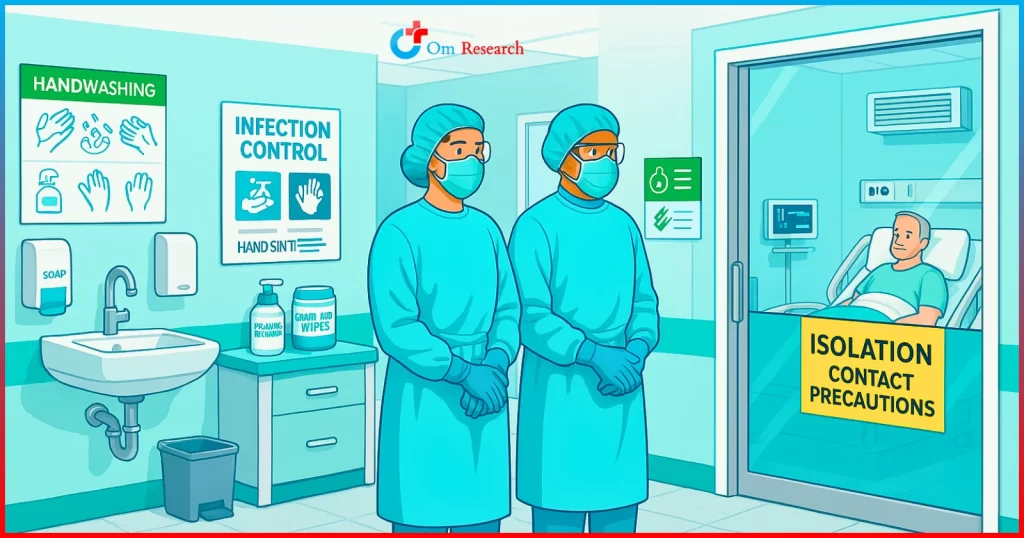Clostridioides difficile (C. diff) is a bacterium that can cause severe colon infections, leading to symptoms like diarrhea, abdominal pain, and dehydration. Healthcare settings are particularly vulnerable to C. diff outbreaks due to factors like antibiotic use and environmental contamination. While treating C. diff is critical, prevention remains the best defense. In this blog, we’ll explore strategies to prevent C. diff in healthcare environments and discuss how preventive care, such as lung cancer screening, can reduce infection risks.
Why C. diff is a Concern in Healthcare Settings
C. diff infections are common in hospitals and long-term care facilities. Key risk factors include:
- Antibiotic Use: Antibiotics disrupt gut microbiota, allowing C. diff to thrive.
- Environmental Contamination: C. diff spores can survive on surfaces for months.
- Vulnerable Patient Populations: Older adults and immunocompromised patients are at higher risk.
Prevention Strategies for C. diff in Healthcare Settings
- Hand Hygiene: Healthcare workers must wash hands with soap and water, as alcohol-based sanitizers do not kill C. diff spores.
- Environmental Cleaning: Use chlorine-based disinfectants to clean surfaces, as they effectively kill C. diff spores.
- Antibiotic use: Limit unnecessary antibiotic use and ensure appropriate prescribing practices.
- Isolation Protocols: Place C. diff patients in private rooms and require staff to wear gloves and gowns.
- Education and Training: Train healthcare staff on infection control practices to minimize transmission risks.
The Link Between Preventive Care and C. diff Prevention
Preventive care, such as lung cancer screening, plays a role in reducing healthcare-associated infections. Early detection and treatment of conditions like lung cancer can reduce hospital stays and the need for invasive procedures, lowering the risk of C. diff exposure.
Research-Backed Evidence
Studies show that implementing strict infection control measures can reduce C. diff transmission by up to 50%.
Conclusion
Preventing C. diff in healthcare settings requires a multifaceted approach, including hand hygiene, environmental cleaning, and appropriate use of antibiotics. By prioritizing preventive care, such as lung cancer screening, healthcare providers can further reduce infection risks and improve patient outcomes.



